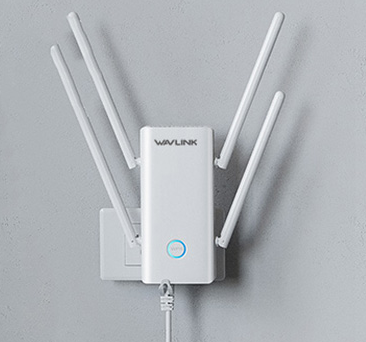In today's interconnected world, ensuring the security of your home network is of paramount importance. With the increasing number of connected devices and the rise in cyber threats, having a secure router is essential to safeguard your personal information and protect your network from unauthorized access. In this article, we will explore the importance of router security and discuss measures you can take to ensure the safety of your network.
- Change Default Settings: When you first set up your router, it often comes with default settings such as default usernames and passwords. These default credentials are widely known and can be exploited by hackers. To enhance router security, change the default login credentials immediately. Use strong, unique passwords that include a combination of uppercase and lowercase letters, numbers, and special characters.
- Update Firmware Regularly: Router manufacturers release firmware updates periodically to address security vulnerabilities and improve performance. Stay vigilant and regularly check for firmware updates for your router. Update the firmware to the latest version to ensure you have the most up-to-date security patches. Most modern routers have built-in update mechanisms that make the process simple and straightforward.
- Enable Encryption: Encryption is a crucial security measure that ensures the privacy and integrity of your network traffic. Enable WPA2 or WPA3 encryption on your router to protect your Wi-Fi network. Encryption scrambles the data transmitted between your devices and the Wavlink Router, making it unreadable to unauthorized parties. Avoid using older encryption standards like WEP, as they are more susceptible to attacks.

- Change Wi-Fi Network Name (SSID): The SSID is the name of your Wi-Fi network that is visible to others. Change the default SSID to something unique and avoid using personal information or easily identifiable names. A generic SSID may make it more difficult for hackers to identify the type of router you are using, adding an extra layer of security.
- Use a Strong Network Password: A strong Wi-Fi password is essential to prevent unauthorized access to your network. Choose a complex password that is difficult to guess. Avoid using common words, personal information, or easily guessable combinations. The longer and more complex the password, the stronger the security.
- Enable Network Firewall: Most routers come with built-in firewalls that help protect your network from external threats. Enable the firewall feature on your router to filter incoming and outgoing network traffic. This can help prevent unauthorized access and block malicious activities.
- Disable Remote Management: Remote management allows you to access and configure your router's settings from outside your home network. While it may be convenient, it also introduces potential security risks. Unless you have a specific need for remote management, it is recommended to disable this feature to prevent unauthorized access to your router.
- Guest Network for Visitors: If you frequently have guests connecting to your Wi-Fi network, consider setting up a guest network. A guest network creates a separate Wi-Fi network with limited access to your main network. This ensures that visitors can access the internet without compromising the security of your primary network.
- Enable MAC Address Filtering: MAC address filtering allows you to specify which devices can connect to your network based on their unique MAC addresses. By enabling MAC address filtering, you can create a whitelist of allowed devices, effectively blocking any unauthorized devices from connecting to your network.
- Stay Informed and Educated: Keep yourself updated on the latest security best practices and emerging threats. Regularly review security resources provided by your router manufacturer and follow their recommendations. Stay informed about common attack techniques, such as phishing scams or malware, to avoid falling victim to such attacks.
In conclusion, router security is a crucial aspect of protecting your home network from cyber threats. By following these measures, you can significantly enhance the security of your router and ensure the safety of your personal information.
